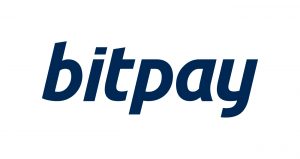With Bitcoin priced near $18,000 Friday morning, and with futures markets already trading Bitcoin contracts or getting set to, investors in the digital currency are riding high. Consumers who want to use Bitcoin to buy things, though, face a market rife with volatility, slow transactions, and high costs.
Bitcoin exchanges can’t do much about that, but they can add alternative cryptocurrencies. That’s what one of the largest U.S. exchanges, Atlanta-based BitPay Inc., plans to do after six years of dealing in Bitcoin. “We plan to be a multiblockchain [exchange] within the next two months,” a company spokesperson tells Digital Transactions News. “There will be alternatives for people who want to send smaller payments.”

As things stand, BitPay argues, Bitcoin payment transactions under roughly $100 are uneconomical, largely because of the fees Bitcoin miners can extract to give priority to payments on what is now a crowded blockchain. “If you’re sending a $10 transaction right now, you may see a miner fee of $3 or $4,” says the spokesperson. “It’s a big problem for people who want to move smaller payments.”
Miners are organizations that create new Bitcoin by leveraging computing power to work out complex mathematical problems. Their fees are paid by Bitcoin users. BitPay’s merchant fee is 1% of the transaction value.
The cost issue isn’t confined to markets like coffee shops and dollar stores. Last week, Valve Corp., a Bellevue, Wash.-based seller of online games, stopped accepting Bitcoin because, it said, transaction fees for its customers were getting to be close to $20. If transactions didn’t close in time, customers could be hit with a second fee if Bitcoin’s value dropped, requiring a second payment, Valve said.
The runup in miners’ fees is related to an ongoing issue of congestion on the Bitcoin blockchain. Developers have been working to solve the problem either by increasing block size or moving most transaction activity to off-chain channels.





